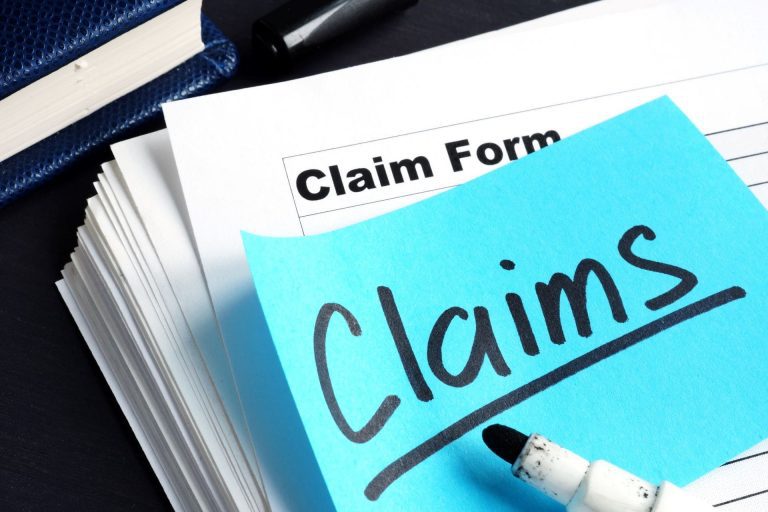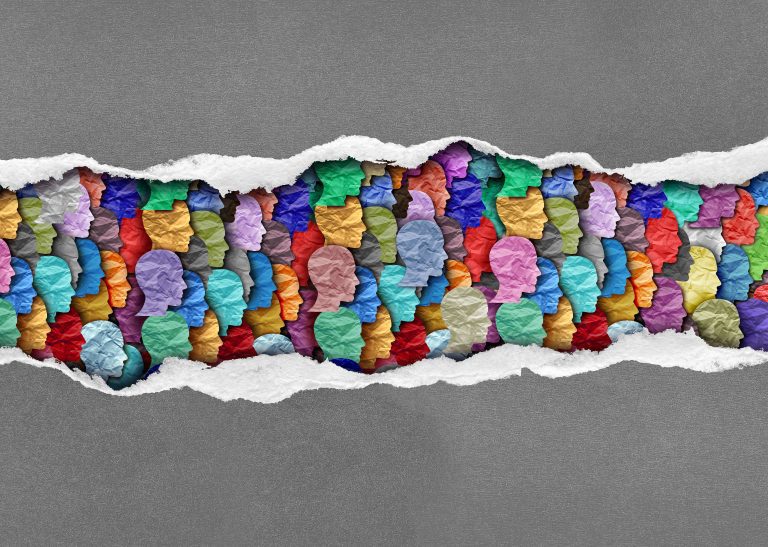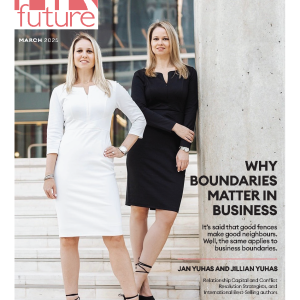A recent article on Healthline delves into some interesting facts, as well as five myths, about alcohol. These myths and facts also apply to the workplace. Business policies and environments can have an impact on drinking culture, influence how employees view and consume alcohol, and even encourage or discourage alcoholism.
Below, I cover the myths and how businesses can avoid situations of alcoholism, encouraging a drinking culture, or keep an eye out for potential pitfalls.
1. Myth: It’s OK to get drunk every once in a while.
It’s not uncommon for binge type drinking to be considered OK at the workplace. Salespeople close deals and everyone celebrates with drinks after work. Suppliers often entertain customers by taking them out on a “liquid lunch”. Weekly, after-work team-building drinks become common practice.
Businesses tend to encourage these events, seeing them as motivating and forgiving drunkenness while sometimes going so far as to give leeway to participants for their hangovers at work the next day.
Although it’s nice to celebrate successes and build teams, encouraging binge drinking can fuel a drinking culture at the office and contribute to alcoholism. Typically, these events become more and more frequent and business can find their employees getting drunk several times per week.
The short and long-term effects on individuals are well known, impacting their health, ability to function properly and, ultimately, leading to dependency. However, businesses are also negatively impacted. Binge drink sessions typically result in workers being unable to concentrate or work properly the next day, which decreases productivity and can lead to accidents in the workplace.
Businesses should take care to educate their staff on moderate drinking habits, the effects of alcohol, and their policies around being drunk at work. They should also attempt to make such events less frequent wherever possible.
Employers need to also bear in mind that regular drinkers are good at hiding symptoms of alcoholism. Regular testing thus becomes important and should not only be conducted upon suspicion of intoxication but should rather become part of the company culture as this will discourage being under the influence while on duty.
2. Myth: Drinking is always safe in moderation.
The saying that “anything is fine in moderation” can be misleading. Businesses should ensure they are in line with industry best practice, especially in high-risk environments. Moderate drinking should not be allowed at all in the workplace. Employers need to be aware of their employee’s health as well as their habits– a single drink can negatively impact an employee with poor health, a heart disorder or one that is pregnant. They also need to be aware of the occupational health and safety act in the workplace.
We are all familiar with those instances where employees go for drinks after work and coerce a colleague into having “just one beer”, teasing them if they refuse, while potentially not knowing if that colleague has a health risk or may even be pregnant.
Businesses should encourage employees to avoid peer pressure and accept that no means no, without question or judgement. Employees also need to be cognisant of the substance abuse policy in regards to alcohol and drugs in the workplace.
3. Myth: Wine or beer won’t make you as drunk as hard liquor.
Often, businesses provide drinks at events but choose to stick to wine and beer as it is assumed they won’t make people as drunk as hard liquor. This is simply untrue. All alcoholic beverages contain the same type of alcohol called ethanol which means all alcoholic beverages can make you drunk. Hard liquor can make a person drunk faster, if they are consuming shots. However, wine and beer have as much of an effect as hard liquor if consumed in high quantities.
Businesses would be better served by limiting employees to a certain number of drinks and providing self-test breathalyser options at functions, so that employees may test whether or not they are over the legal drinking and driving limit before leaving a function.
4. Myth: Drinking isn’t a problem as long as you can hold your liquor.
We all know that employee or colleague who is known to over imbibe yet functions seemingly fine at work every day and never sets a foot out of line. Typically, these people can hold their liquor really well and aren’t often seen as “drunk”, so it’s assumed they aren’t alcoholics.
Businesses should take care to monitor or even offer help to these people. Usually, they are alcoholics and while problems may not be evident at work, there may be problems at home and their work is seldom as effective and perfect as it appears. Businesses could suffer losses and errors without realising it and should carefully consider the effects of alcoholism in the workplace, and how they can help.
Businesses and employees should be reminded that any alcohol found in their systems would mean they are over the limit in the workplace. Just about every company has a zero tolerance policy in the workplace, meaning, even slight traces of alcohol would constitute being under the influence or over the limit.
5. Myth: You can sober up quickly with a cup of coffee.
It’s common for employees to gather around the coffee machine the morning after a night of partying and drinking. They are trying to “wake up”, believing coffee will help them sober up and be more alert and productive. Unfortunately, coffee has no effect whatsoever on processing alcohol.
If businesses choose to host a function on a weeknight where alcohol is served, they should rather opt to have it on a Friday or give employees the day off the next day, giving them time to process the alcohol in their system. Having people at work when they have alcohol in their system and are under the influence can lead to accidents and lost productivity.
Businesses can opt to breathalyse employees before work the next day, sending anyone over the limit home and only allowing those who are under the limit to work. This protects them against health and safety risks that can endanger staff and their colleagues in the process.
Rhys Evans is the Managing Director at ALCO-Safe.


























